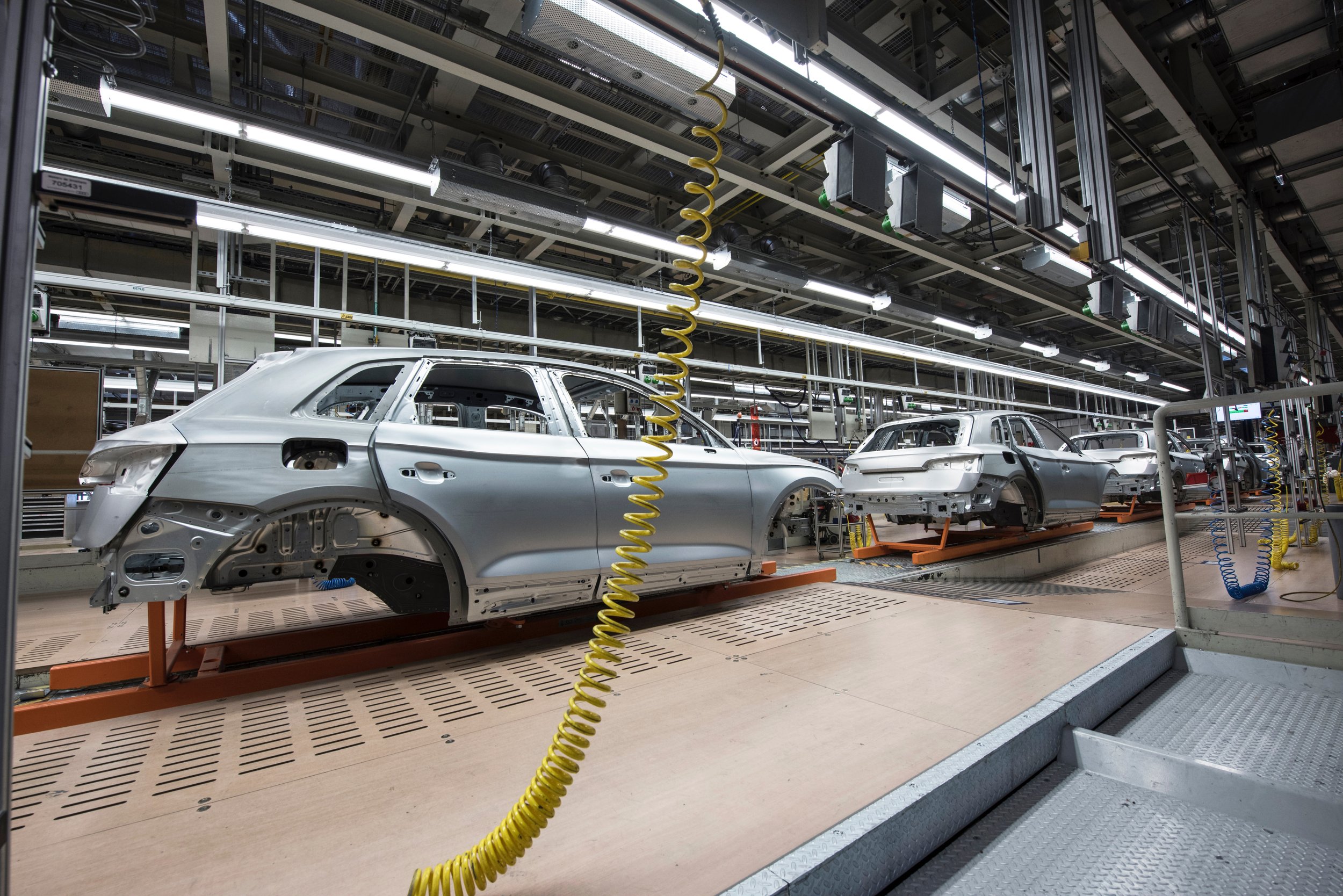In July 2023, India's Ministry of Trade and Industry introduced mandatory BIS registration for all companies involved in the production, distribution, and import of bolts, nuts, and other fasteners in India. If you do not register and try to import these products, this can have far-reaching consequences. We will explain how to arrange the registration as quickly as possible.
Bureau of Indian Standards (BIS)
The 'BIS' in BIS certification stands for the Bureau of Indian Standards. It is the national certification body of India. The bureau was established in 1986 with the aim of setting up standardisation of quality norms for various products, such as building materials, food products, consumer electronics and raw materials.
The list of products that need to be inspected by the BIS is constantly expanding. As soon as a product is added to the list, the producer needs a mandatory certificate issued by the BIS. Domestic and foreign companies are given a period of six months to apply for their certificate.
This is a very tight deadline and we therefore advise foreign companies to start this procedure as soon as possible. In order to give you a better insight into what is involved in a BIS registration as a foreign producer, we have prepared a comprehensive overview for you here.
Read here: This is what European companies need to know about BIS registration
How Foreign Companies Must Register with BIS
If this change requires your company to register with BIS, you will need to apply for your certification through the Foreign Manufacturers' Certification Scheme (FMCS).
To obtain the BIS registration, you must first register with the BIS and pay the application fee for the registration. Be aware that a separate application is required for each product. All the steps you need to go through for registration can be found here:
The documentation process for a BIS certification can take about 9 to 10 months on average and places a heavy burden of proof on you as a company to demonstrate that your product meets all local requirements. Registration with the BIS can be done by two entities:
Your Indian liaison or branch office (as long as it has all the rights of the Reserve Bank of India to file an application)
A legally appointed agent in India
It is highly recommended to opt for the second option. The process starts with a lot of paperwork in which you have to demonstrate how the quality of the product is guaranteed. It is also necessary to explain on paper exactly how the production processes work, from the purchase of the raw materials to the ways in which the final product is tested.
Only a local expert with specific experience in applying for BIS certification for international companies understands how everything should be documented and submitted. If you hand this assignment to your local entity and they start working on it with no experience, you are bound to incur a delay of several months.
A local agent who takes care of everything for you
Navigating the intricacies of BIS certification and import procedures can be a challenging one for foreign companies. Let this difficult task be taken off your hands and you won't be delayed by choosing an experienced, local expert. At IndiaConnected, we always have the right agent for you, who has experience in your specific sector and is an expert in the field of compliance with the new regulations and handling the certification process.







